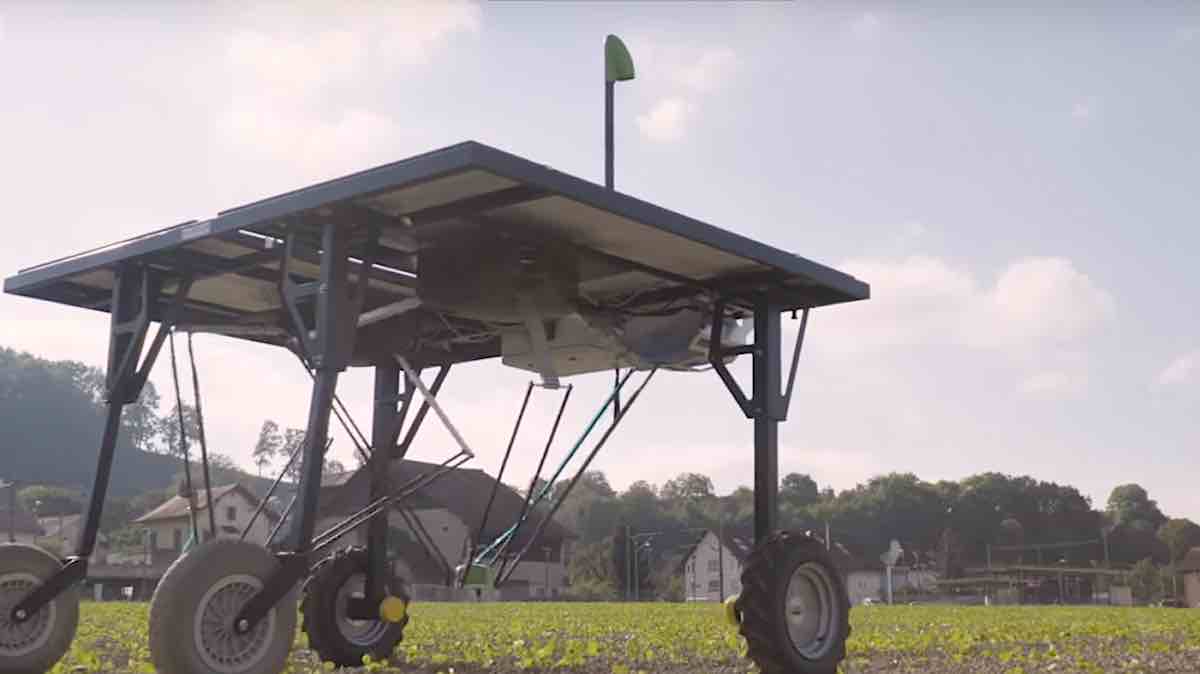These dexterous robots are getting ready to disrupt the multi-billion dollar pesticide and seed industry by using AI technology to selectively seek and destroy weeds.
Currently, farmers are forced to shell out cash for large amounts of herbicide that is indiscriminately sprayed over their crops – 90% of which have already been genetically modified to resist the weed-killing chemicals, says Reuters. The seed and pesticide industry is currently worth about $100 billion, and thanks to lucrative business models such as this, $26 billion of it alone is from the herbicide industry.
These robots, on the other hand, are autonomously designed to gently roll across farmlands and use built-in cameras to search for individual weeds, rather than blindly blanketing an entire crop field. Once a weed is detected, the contraption shoots a minuscule amount of herbicide directly onto the plant and continues on its merry way.
The 4-wheeled, solar-powered robots have up to 95% accuracy and their selective spraying methods could reduce herbicide use by up to twenty times.
LOOK: Cheap ‘Plant Pods’ That Can Grow More Lettuce in a Room Than Half-Acre Plot May End Hunger
There are several tech startups that are already working on delivering these robots to farmers worldwide. Switzerland-based company EcoRobotix says that once its investors are sorted out, their weed-killing contraption could be on the market as early as 2019.
Additionally, American tractor company John Deere recently joined the robo-business by buying out Blue River: a Silicon Valley startup responsible for designing weed-killing robots that can be attached to the backs of tractors.
MORE: Ex-NASA Engineer to Plant One Billion Trees a Year Using Drones
“A lot of the technology is already available. It’s just a question of packaging it together at the right cost for the farmers,” said Richard Lightbound, Robo’s CEO for Europe, the Middle East and Africa.
“If you can reduce herbicides by the factor of 10 it becomes very compelling for the farmer in terms of productivity. It’s also eco friendly and that’s clearly going to be very popular, if not compulsory, at some stage,” he told Reuters.
(WATCH the video below)
Plant Some Positivity With Your Friends And Share The Good News – Photo by EcoRobotix




















